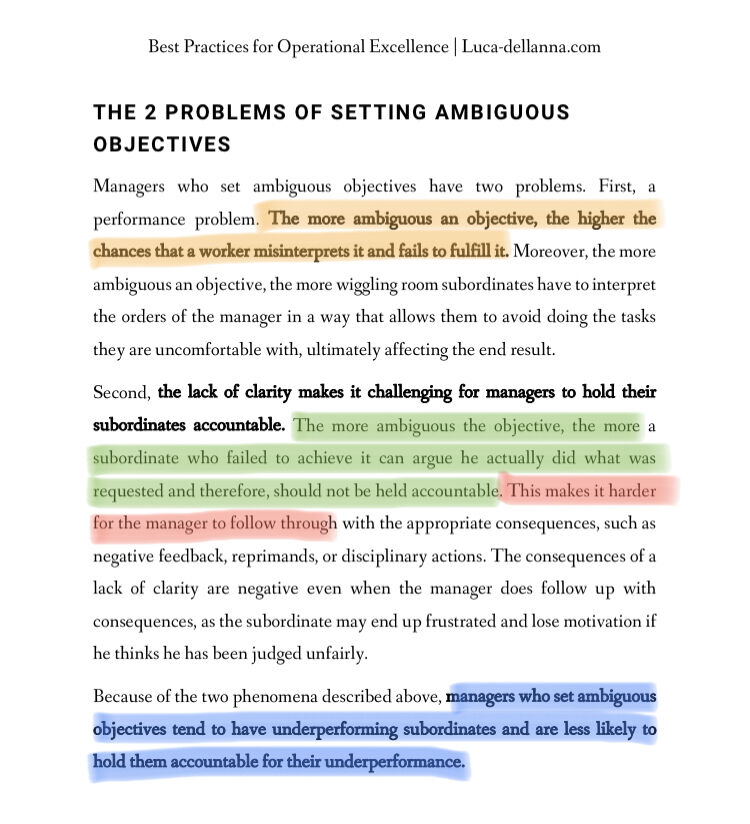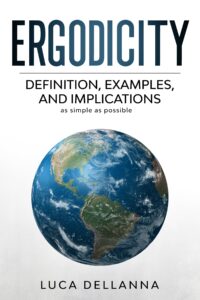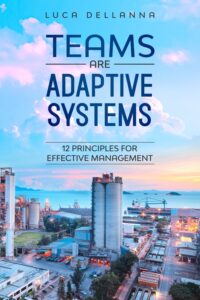Luca's monthly newsletter, on IQ, ethics, solving the right problem, and much more.
Gullibility
“Most people are skeptical about the wrong things and gullible about the wrong things.” – Nassim Nicholas Taleb (Twitter link)
Be skeptical about what has major downsides – that’s what matters.
Taleb again on gullibility: “We humans are naturally gullible — disbelieving requires an extraordinary expenditure of energy.”
There’s an additional reason to be gullible. In a society where people have skin in the game, those with beneficial behavior survive, and those with foolish behavior perish or are excluded from social life. Either way, the only people left are those whose behavior we would better imitate – and being gullible helps.
Of course, in a society without skin in the game, the reasoning is the opposite. Charlatans and con artists stay around, and we better be skeptical of them and their ideas. In this case, being gullible becomes a liability.
But the problem is not gullibility per sé; instead, it is the absence of skin in the game.
Financial memes
“In abundant societies, everything can be a meme, arguably financial markets are an abundant market today, and therefore equities have meme characteristics.” – Yann Ranchere (Twitter link)
Matt Levine suggested that the closer a stock is to Elon Musk, the better it will perform. The first time I heard this theory, I was skeptical. But then, it applied multiple times over the past months alone:
- Dogecoin, the cryptocurrency vocally backed by Musk, is roughly up 2700% year to date.
- Last summer, a stock named “Tesla exploration” (unrelated to Tesla, the automotive company) was up 90% purely because of its name (really).
- Last month, a Canadian mining company called Musk Metals bought a mine named Elon, and its stock surged 61% (I’m not kidding).
Part of speculation has always been a game of finding the next Schelling Point – and what a better Schelling Point than Elon Musk? After all, he already became a mimetic singularity (link to my thread on the topic).
Titanic risk
“The Federal Reserve is a Titanic risk. It never mattered how well individual passengers manage their own personal risk. All Passengers were in perfect health, but being on the Titanic exposed them to a higher-order risk. Systemic overrides idiosyncratic.” – Paul Portesi (Twitter link)
Some forms of what we believe are individual safety nets but carry a considerable higher-order risk: pensions (they’re over-exposed to financial downturns and structural crises), hospitals, and nursing homes (remember March 2020?). Exercise for the reader: what else?
Red herring
“The often-invoked public sector vs. private sector framing is something of a red herring. The meaningful split is something more like high accountability institutions vs. low accountability institutions.” – Patrick Collison (Twitter link)
I agree. Estonia’s government is famous for its readiness and leadership in digital adoption. In 2017, I spent some time there, including talking with some employees of their ministry of IT. My personal conclusion is that the one main root factor for their success is the high accountability of their public sector. Civil servants can be fired just as private employees, they undergo similar performance reviews, and so on. (Of course, their small scale helps to keep accountability high.)
A similar red herring is “motivated” vs. “lazy.” A more actionable one is “received evidence that efforts result in positive outcomes” vs. “received evidence that efforts go to waste.”
Iteration
“I still underestimate the compounding power of the rapid execution and iterated learning feedback loop.” – Sam Altman (Twitter link)
The secret to learning is iteration – an alternation of making hypotheses and testing them.
For example, learning to shoot a basketball is about making hypotheses about how your muscles should coordinate in a shooting motion, executing it, and collecting feedback. Then, making new hypotheses, executing them, and collecting feedback. Over and over again.
Reading a book about shooting a basketball might help – the book might highlight a mistake of yours you weren’t aware of – but the book alone doesn’t bring you far. Nor does mindless practice in which you try the same motion over and over again, without making hypotheses (testing something new) and acting on feedback (decide what variation to try next).
Again, the secret to learning is iteration – the alternation of making hypotheses and testing them.
This week’s excerpt
(Note: this newsletter is also available in Roam format.)










